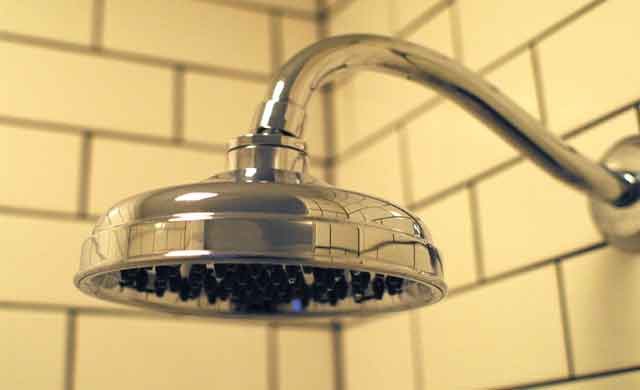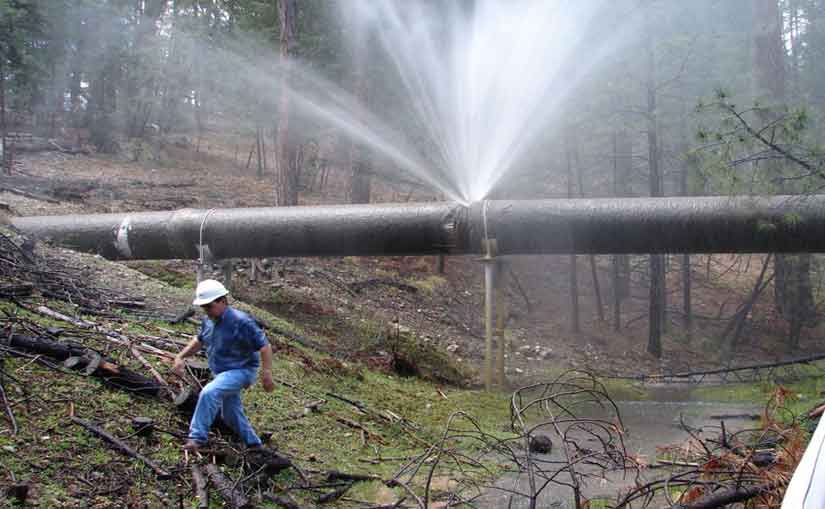Septic treatments are the focus of this article. There will always be times when you feel too confident in caring for your home. Even if you maintain a clean living environment, are you sure that the septic system underneath it is in tip top shape as well? Most of the time, the septic system is overlooked and taken for granted. Even if the septic system is responsible for the treatment of the waste water that your household produces, there are homeowners that do not regard it as that indispensable.
You remember the time when your neighbor had a new septic system installed after only a year. It malfunctioned and failed because according to the assessment of the septic expert, the system was not treated right amd septic treatments were not provided. The gutter drained directly over the septic; no dry wells were installed; the septic tank was only good for two people; the owner didn’t follow the pump out schedule; grease and non-biodegradables were always dumped into the system; and pipe damage were never attended to. An amount up to 30,000 USD could be spent if you’re going to replace your system. You have to really care for it even if it is just underneath your house.
The septic could be considered one of the most important components of your household. With the help of a smooth running waste water treatment system, your household is safe from contaminants and pathogens. As a homeowner, you have to make sure that your septic doesn’t malfunction or fail. If it does, your drains, sinks, tubs, and toilets will back up and emit foul septic odors. Your yard would even be flooded with untreated waste water. This would definitely be very dangerous to the members of your household and the environment as well.
Any responsible homeowner knows that the septic system’s ideal condition depends on how you use the system and how you care for it. Administering septic treatments is one way of caring for your personal waste water treatment facility. They use the additives produced by various manufacturers who incorporate special formulations as well. Septic treatments are categorized as inorganic, organic, and biological. If you choose to use inorganic septic treatments, you would be using harsh and corrosive bases and acids that usually kill the resident bacteria in the system. When the bacterial population is destroyed, the septic system ceases to exist. If you choose the organic septic treatments, then you would be using baking soda or yeast. These could improve the septic’s performance for a while but it would eventually harm the system if their use is prolonged. Opting for the biological septic treatments is the best means to care for your system. These treatments use enzymes and non-pathogenic bacteria that increase the rate of solid waste breakdown. They have no chemical discharges that contaminate the surrounding environment and also eliminate septic odors.
Pumping out should still be performed on the septic system even if you are already using septic treatments. This is the most valuable practice that homeowners should not forget. Never be swayed by the exaggerated promises made by those who manufacture septic additives for septic treatments. “No pump out” system is non-existent. You have to do your part and schedule a regular pump out session with your septic expert.
There are experts that see septic treatments as unnecessary to have an optimal septic. They say that the septic system could readily get the ideal dose of enzymes thought the human waste dumped into the system everyday. But even if they have established this, it is still your choice if you want to use septic treatments or not. Just always have your septic expert perform the treatments so that they could be done properly with the proper precautions.
It won’t cost you a lot. You just have to set aside a reasonable budget for your septic treatments and pump out schedules. It does not take 30,000 USD to administer treatments to your septic. Just discuss things with your septic expert to know the exact amount that you have to prepare according to the frequency of septic treatments that your system has to have.


